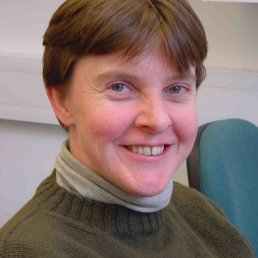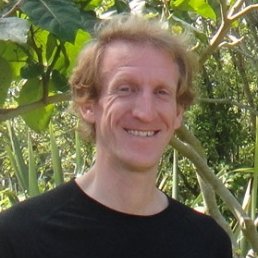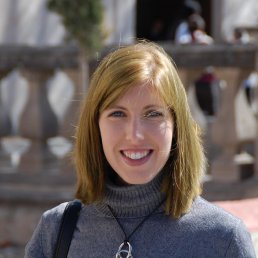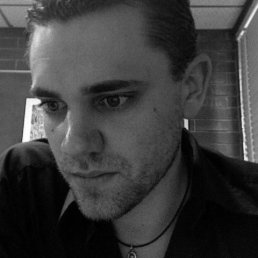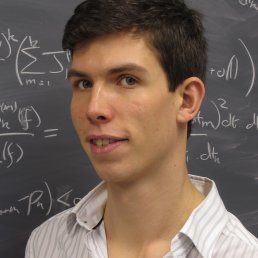Wondering about how to organise your DPhil? How to make the most of your supervision meetings? How to guarantee success in your studies? Look no further!
In this session we will explore the fundamentals of a successful DPhil with help from faculty members, postdocs and DPhil students.
In the first half of the session Andreas Münch, the Director of Graduate Studies, will give a brief overview of the stages of the DPhil programme in Oxford; after this Marc Lackenby will talk about his experience as a PhD student and supervisor.
The second part of the session will be a panel discussion, with panel members Lucy Hutchinson, Mark Penney, Michal Przykucki, and Thomas Woolley. Senior faculty members will be kindly asked to leave the lecture theatre to ensure that students feel comfortable about discussing their experiences with later year students and postdocs/research fellows.
At 5pm senior and junior faculty members, postdocs and students will reunite in the Common Room for Happy Hour.
About the speakers and panel members:
Andreas Münch received his PhD from the Technical University of Munich under the supervision of Karl-Heinz Hoffmann. He moved to Oxford in 2009, where he is an Associate Professor in Applied Mathematics. As the Director of Graduate Studies he deals with matters related to training and education of graduate students.
Marc Lackenby received his PhD from Cambridge under the supervision of W. B. Raymond Lickorish. He moved to Oxford in 1999, where he has been a Professor of Mathematics since 2006.
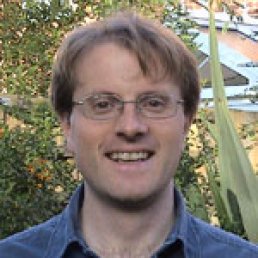
Lucy Hutchinson is a DPhil student in the Mathematical Biology group studying her final year.
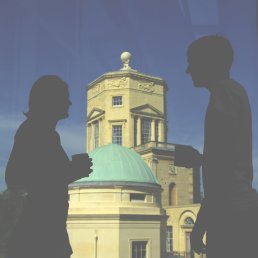
Mark Penney is a fourth-year DPhil student in the Topology group.
Michal Przykucki received his PhD from Cambridge in 2013 under the supervision of Béla Bollobás; he is a member of the Combinatorics research group, and has been a Drapers Junior Research Fellow at St Anne's College since 2014.

Thomas Woolley received his DPhil from Oxford in 2012 under the supervision of Ruth Baker, Eamonn Gaffney, and Philip Maini. He is a member of the Mathematical Biology Group and has been a St John’s College Junior Research Fellow in Mathematics since 2013.

